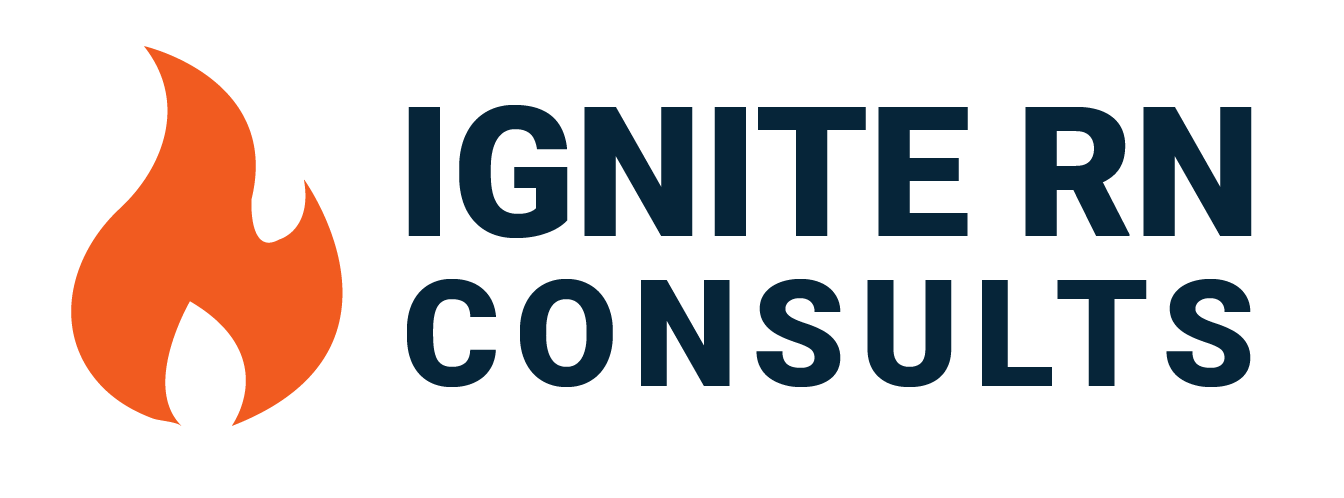1. Personalized Study Plans
A strong feature of an Exam Readiness Support blog is showcasing how personalized study plans are developed. Every learner has different strengths and weaknesses, so the blog can explain how assessments or diagnostics are used to identify individual needs. It can highlight how tailored schedules improve focus, prevent burnout, and help students cover all required content efficiently before test day.
2. Time Management and Test-Taking Strategies
This feature focuses on one of the biggest challenges students face: using their time wisely. The blog can offer practical tips for breaking down study sessions and avoiding procrastination. It should also introduce key test-taking strategies-like process of elimination, pacing, and reading comprehension tips-that boost confidence during the actual exam.
3. Access to Practice Tests and Performance Reviews
The blog should emphasize the value of practice exams as a core part of exam readiness. It can describe how students take full-length or topic-specific practice tests that mimic the real exam environment. A unique feature to highlight is performance review-where students get detailed feedback, spot weak areas, and track improvement over time.
4. Stress Management and Motivation Tools
Exam stress can impact performance as much as knowledge gaps. A good blog includes support for the emotional side of exam prep. Exam Readiness Support feature could introduce mindfulness exercises, relaxation techniques, and ways to stay motivated throughout the study journey. Including motivational stories or expert advice can help readers feel supported and encouraged.





Leave A Comment